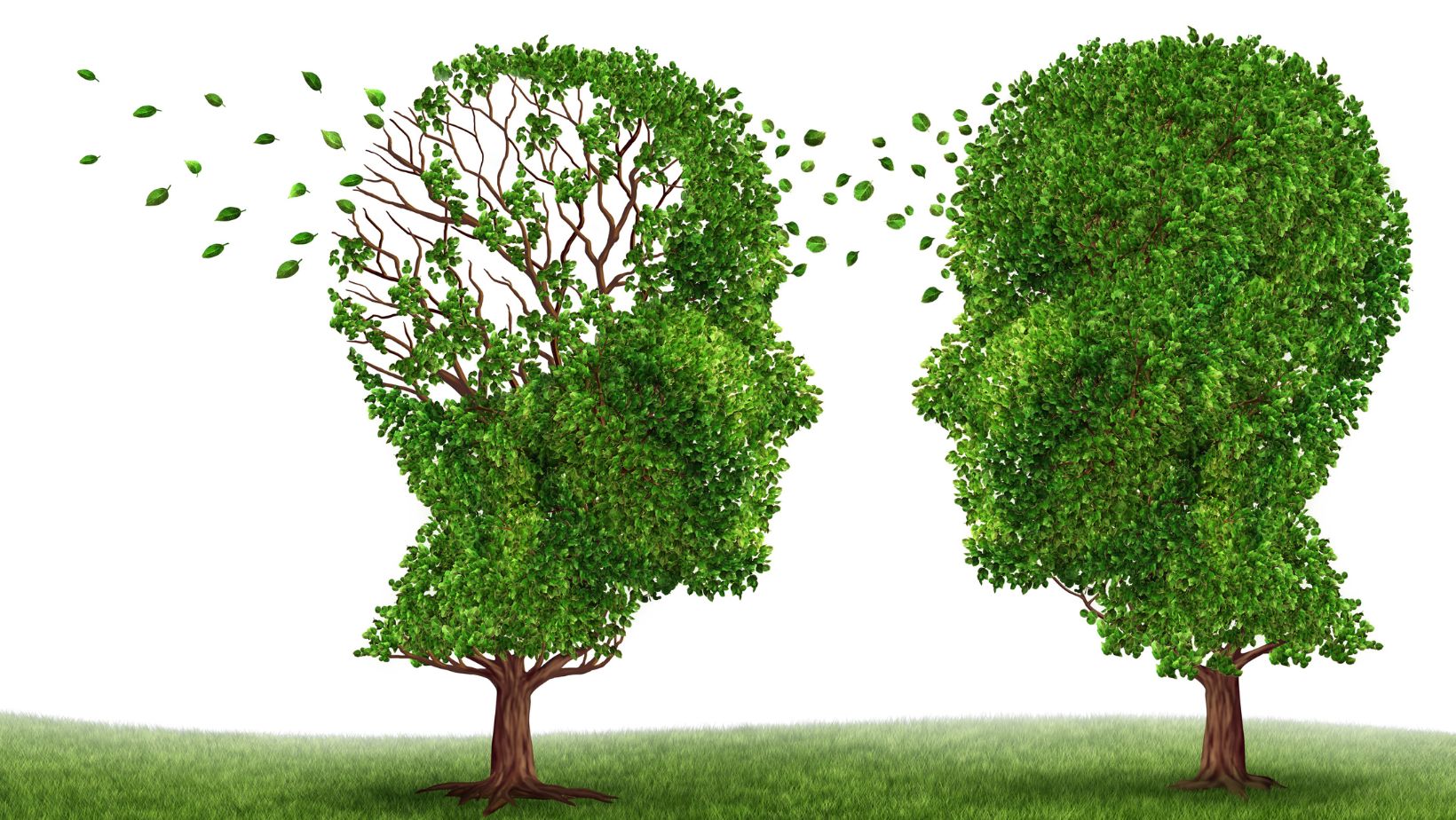
In health and social care provision services for people who live with dementia can be quite patchy and both the patients themselves and their carers often turn to third sector organisations for support.
Shiatsu practitioners are very likely to come into contact with people living with dementia, especially if they are offering services in care settings or day centre type of provision.
What is dementia
Dementia is a syndrome (a group of related symptoms) associated with an ongoing decline of brain functioning.
There are many different causes of dementia, and many different types.
People often get confused about the difference between Alzheimer's disease and dementia. Alzheimer's disease is a type of dementia and, together with vascular dementia, makes up the majority of cases.
Symptoms of dementia
Dementia symptoms may include problems with:
- memory loss
- thinking speed
- mental sharpness and quickness
- language, such as using words incorrectly, or trouble speaking
- understanding
- judgement
- mood
- movement
- difficulties doing daily activities
Living with the condition
People with dementia can lose interest in their usual activities, and may have problems managing their behaviour or emotions.
They may also find social situations difficult and lose interest in relationships and socialising.
Aspects of their personality may change, and they may lose empathy (understanding and compassion).
A person with dementia may see or hear things that other people do not (hallucinations).
Because people with dementia may lose the ability to remember events, or not fully understand their environment or situations, it can seem as if they're not telling the truth or are wilfully ignoring problems.
As dementia affects a person's mental abilities, they may find planning and organising difficult. Maintaining their independence may also become a problem.
A person with dementia will usually need help from friends or relatives, including help with making decisions.
The symptoms of dementia usually become worse over time. In the late stage of dementia, people will not be able to take care of themselves and may lose their ability to communicate.
It is simple and cost free to become a Dementia Friend, enabling you to gain insight and positively impact both your practice and people you treat, even those who are close to you.
Resources for Practitioners
Become a Dementia Friend
Whether you attend a face-to-face Information Session or watch the online video, Dementia Friends is about learning more about dementia and the small ways you can help. From telling friends about the Dementia Friends programme to visiting someone you know living with dementia, every action counts.
Learning about dementia
Shiatsu and Dementia Research
There are some international studies of the benefits of shiatsu for people living with dementia which may be useful in explaining the benefits of the treatments.
https://shiatsuresources.net/shiatsu-and-dementia/
The Experience of Shiatsu for Care Partners and Persons Living With Dementia: a Qualitative Pilot Study
Bellmore L. Int J Ther Massage Bodywork. 2022 Mar 2;15(1):23-36. doi: 10.3822/ijtmb.v15i1.693. eCollection 2022 Mar. PMID: 35280246 Free PMC article
Acupuncture and Acupressure for Dementia Behavioral and Psychological Symptoms: A Scoping Review.
Harris ML, Titler MG, Struble LM. West J Nurs Res. 2020 Oct;42(10):867-880. doi: 10.1177/0193945919890552. Epub 2019 Dec 5. PMID: 31802723 Free PMC article.
Massage and touch for dementia.
Viggo Hansen N, Jørgensen T, Ørtenblad L. Cochrane Database Syst Rev. 2006 Oct 18;2006(4):CD004989. doi: 10.1002/14651858.CD004989.pub2. PMID: 17054228 Free PMC article.
Comment on "Shiatsu as an Adjuvant Therapy for Depression in Patients With Alzheimer's Disease: A Pilot Study".
Lanza G, Centonze SS, Destro G, Vella V, Bellomo M, Pennisi M, Bella R, Ciavardelli D. J Evid Based Integr Med. 2019 Jan-Dec;24:2515690X18825105. doi: 10.1177/2515690X18825105. PMID: 30789056 Free PMC article.
Complementary and alternative medicines for behavioral and psychological symptoms of dementia: A protocol of overview of systematic reviews
Kwon CY, Lee B. Medicine (Baltimore). 2021 Jun 25;100(25):e26397. doi: 10.1097/MD.0000000000026397. PMID: 34160423 Free PMC article.